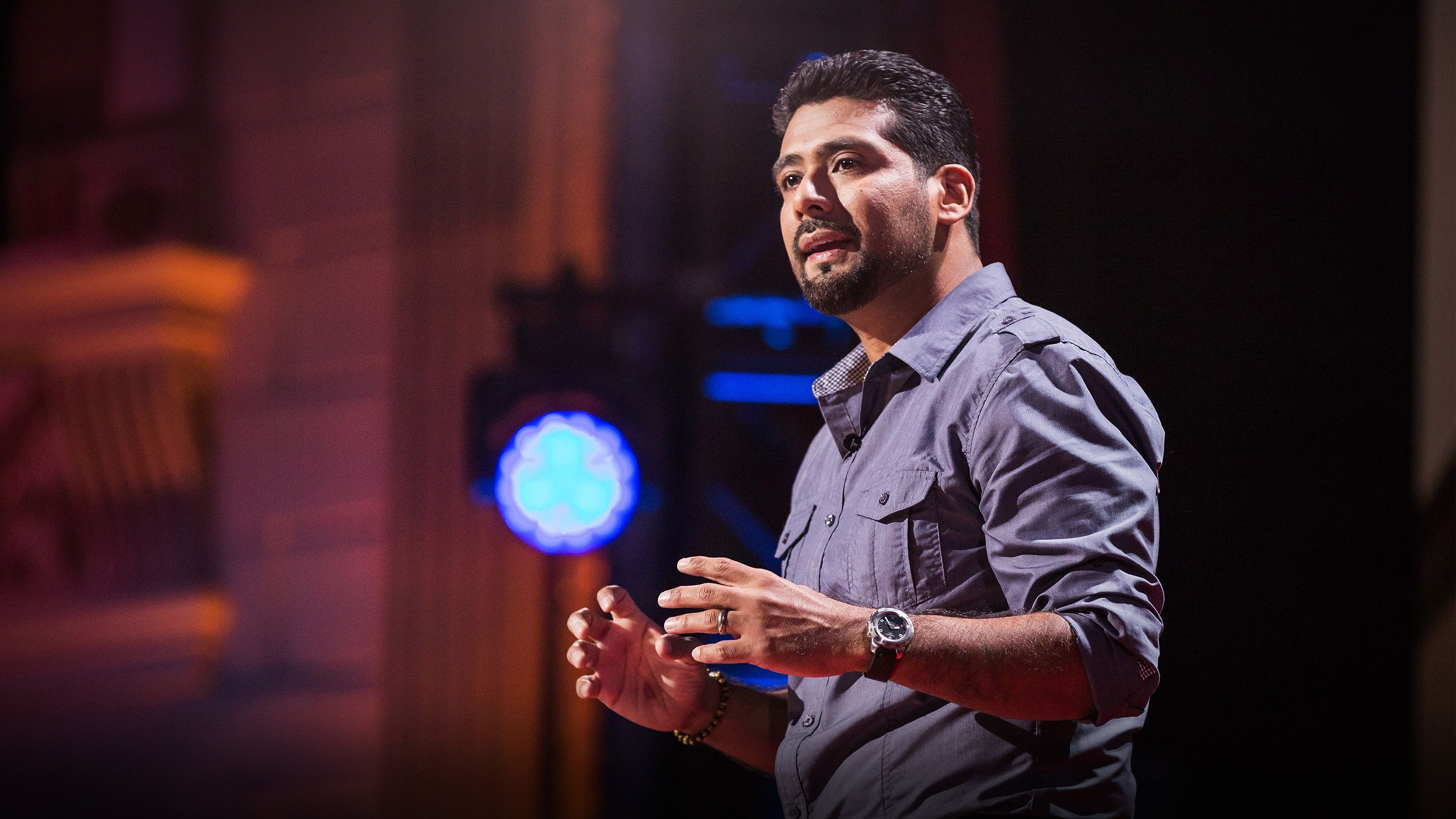Help for kids the education system ignores
1,764,839 views |
Victor Rios |
TED Talks Live
• November 2015
Define students by what they contribute, not what they lack -- especially those with difficult upbringings, says educator Victor Rios. Interweaved with his personal tale of perseverance as an inner-city youth, Rios identifies three straightforward strategies to shift attitudes in education and calls for fellow educators to see "at-risk" students as "at-promise" individuals brimming with resilience, character and grit.
